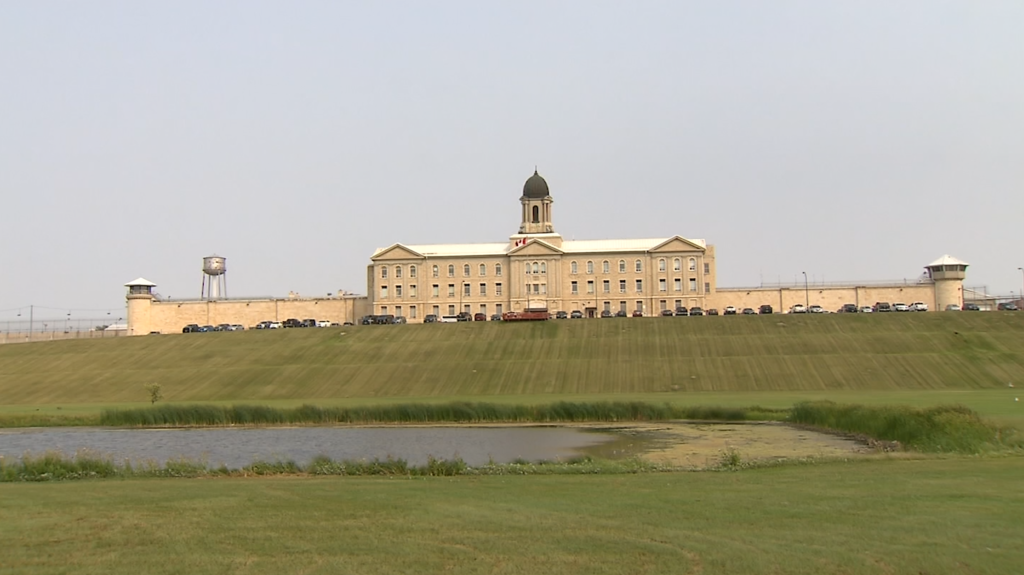40% of Canadian farmers to retire by 2033, resulting in major labour shortage: report
Posted April 11, 2023 3:13 pm.
Last Updated April 11, 2023 6:58 pm.
More than 40 per cent of farm operators in Canada are estimated to retire over the next decade, a new report suggests.
This would result in a major industry labour shortage in Canada.
With a lack of young farmers to take their place, what will this mean for the future of farming?
“All the baby boomers, like us, are retiring and so we better have something in place if we want to keep farming,” said Lorne Hamblin, a farmer in Morris, Man.
The report co-authored by the Arrell Food Institute at the University of Guelph says by 2033, more than 40 per cent of Canadian farm operators will retire.
In that same period, it’s expected that Canada will be short 24,000 general farm, nursery, and greenhouse operators.
“Our farmers in this country are extremely smart and hardworking, but they are getting older,” said Evan Fraser, the director of the Arrell Food Institute.
“This is nothing new, it is happening in other sectors of the economy of course, but it is particularly acute in agriculture and a lot of farms don’t have a succession plans, they don’t have real plans to pass it onto the next generation and the high cost of land means that it is really hard for a young person to get into farming.”
No proper succession plan
Farmers Lorne and Chris Hamblin have 4,000 acres of farmland near Morris, about 70 kilometres south of Winnipeg. They say not having a proper succession plan in place is concerning and puts the future of farming in jeopardy.
“Farmers need to start looking at that as early as their 30s and 40s, not waiting until their 60s or 70s and trying to figure out how they are going to succeed the farm onto future generations or farmers,” said Chris.
He says times are changing, and it’s important the agriculture industry changes with it.
“Maybe a century ago, if you were on the farm, you stayed on the farm and that was your only option. Now the world is open,” he said.
“Food safety is number one,” added Lorne. “Everyone wants safe food, so lots of jobs within the agriculture industry and the farming industry, so I see it being very positive.”
‘Farming is big business’
Keith Currie, the president of the Canadian Federation of Agriculture, says it’s important to get younger people into the sector and educate them about the career options the agriculture sector provides.
“Farming is big business now, whether it is an advisor, banker, or accountant, to all the various sciences,” he said. “We need crop genetics, we need livestock genetics, we need soil sciences. We need people to design equipment. We need software and technicians. We need veterinarians.
“There are such a wide gamut of different career opportunities in services that support agriculture that are vitally crucial to the success of this business.”
In order to avoid a shortage, the report says Canada will need to accept over 30,000 permanent immigrants by 2033 to take over existing farms.
“This is a gap that we are going to have to address with some urgency,” said Fraser.








